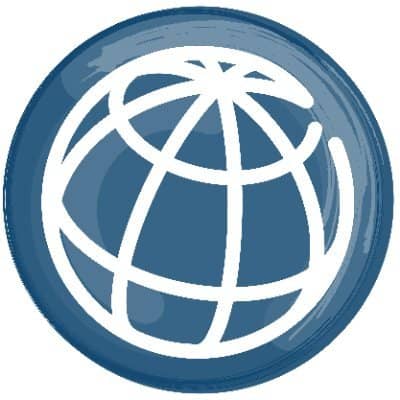The World Bank, much like the IMF, has called on Ghana to reduce the Bank of Ghana’s footprint in the FX market and allow more exchange rate flexibility. But such prescriptions, while neat in theory, ignore Ghana’s lived context and risk undoing the very stability they claim to promote.
Let’s be clear: Ghana’s recent progress is not accidental. It is the outcome of deliberate, legally mandated, and carefully sequenced policy actions. Under the Bank of Ghana Act, the central bank is charged with stabilising the currency, managing reserves, and regulating the FX market. These are not indulgences, they are constitutional duties.
The results speak volumes. Inflation has dropped from a crippling 54.2% in 2023 to 12.1% this month. The cedi has rebounded strongly, appreciating by over 40% this year, making it one of Africa’s top-performing currencies. Gross reserves now stand at $11.1 billion — up from $8.98 billion at end-2024, providing nearly five months of import cover. It is not as if Ghana is depleting its reserves to hold up the cedi; on the contrary, reserve accumulation has been ongoing alongside stability.
I have had hard meetings with importers, GUTA, and traders across the country. The message is consistent: cedi stabilisation is delivering real benefits to businesses and households. Importers can plan better, traders can price with more certainty, and families feel relief from runaway inflation. This is not abstract economics, it is lived progress.
And Ghana is not alone in this approach. India, Brazil, Japan, and Switzerland, economies admired by the World Bank all intervene in their FX markets when stability is threatened. Why should Ghana be asked to act differently when its market is structurally thin and vulnerable to shocks? To pull back prematurely would be reckless risking inflation, volatility, and a reversal of hard-won confidence.
Reforms are already in motion. FX auctions are deepening transparency, market support volumes are regularly disclosed, and a formal intervention framework is being finalised in consultation with partners. But sequencing matters: flexibility without stability is fragility.
So, must Ghana always be at the beck and call of external institutions? No. Guidance is welcome, but our policy must reflect Ghana’s reality. The Bank of Ghana’s supports are not excessive, they are essential. They have anchored stability, rebuilt reserves, and restored confidence.
The World Bank should adapt its advice to Ghana’s trajectory, not demand that Ghana bend to theory at the expense of progress.
Another question is who decides what is excessive?


